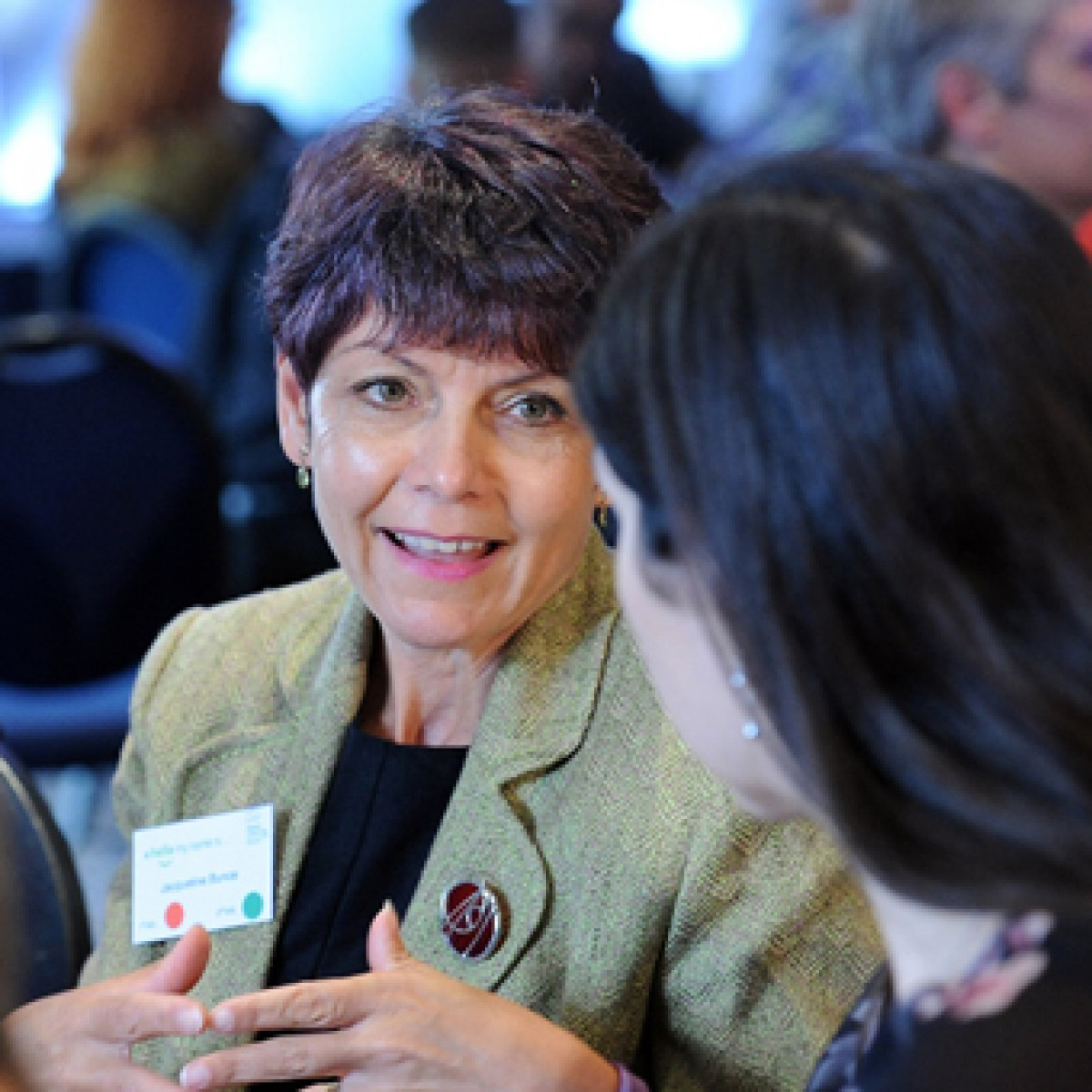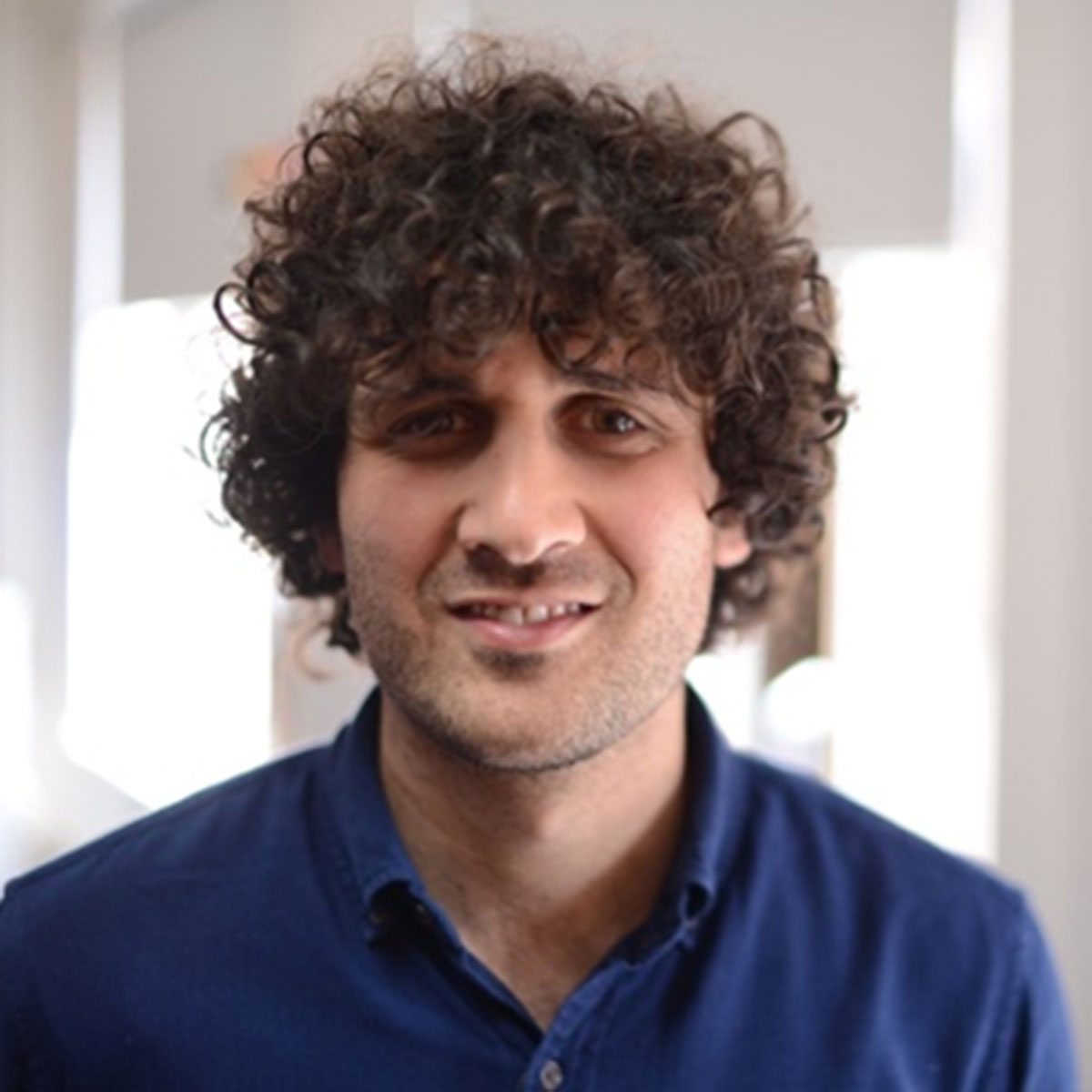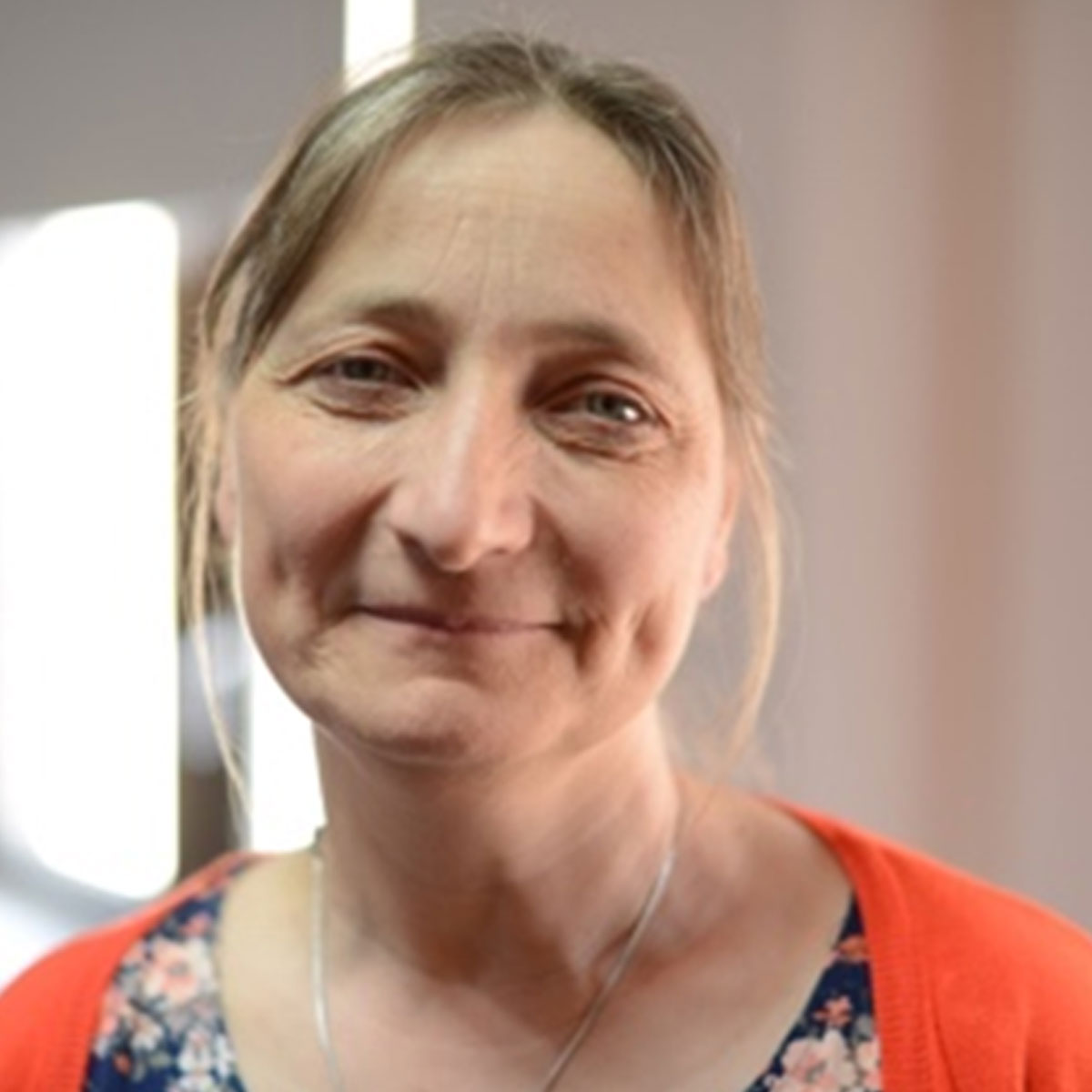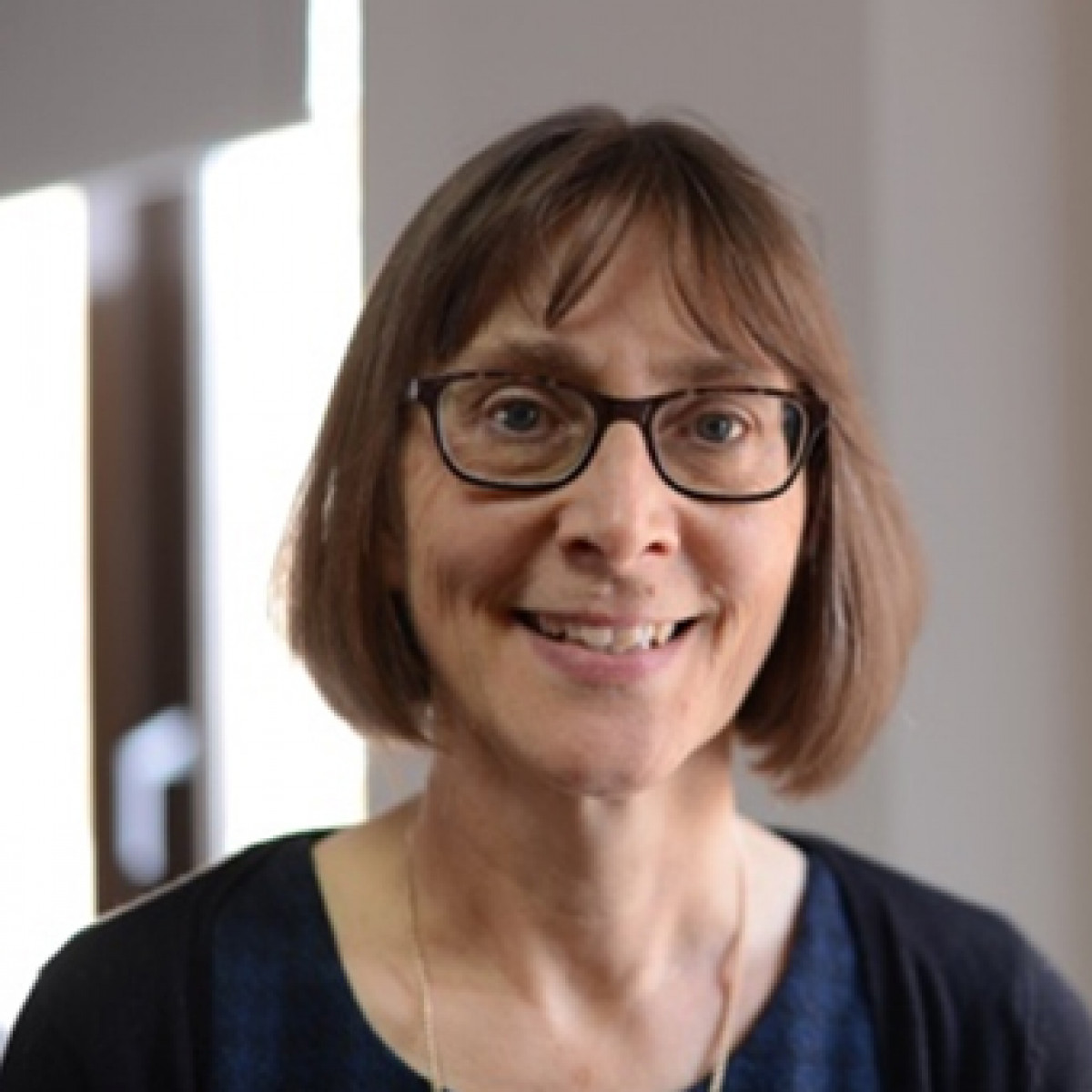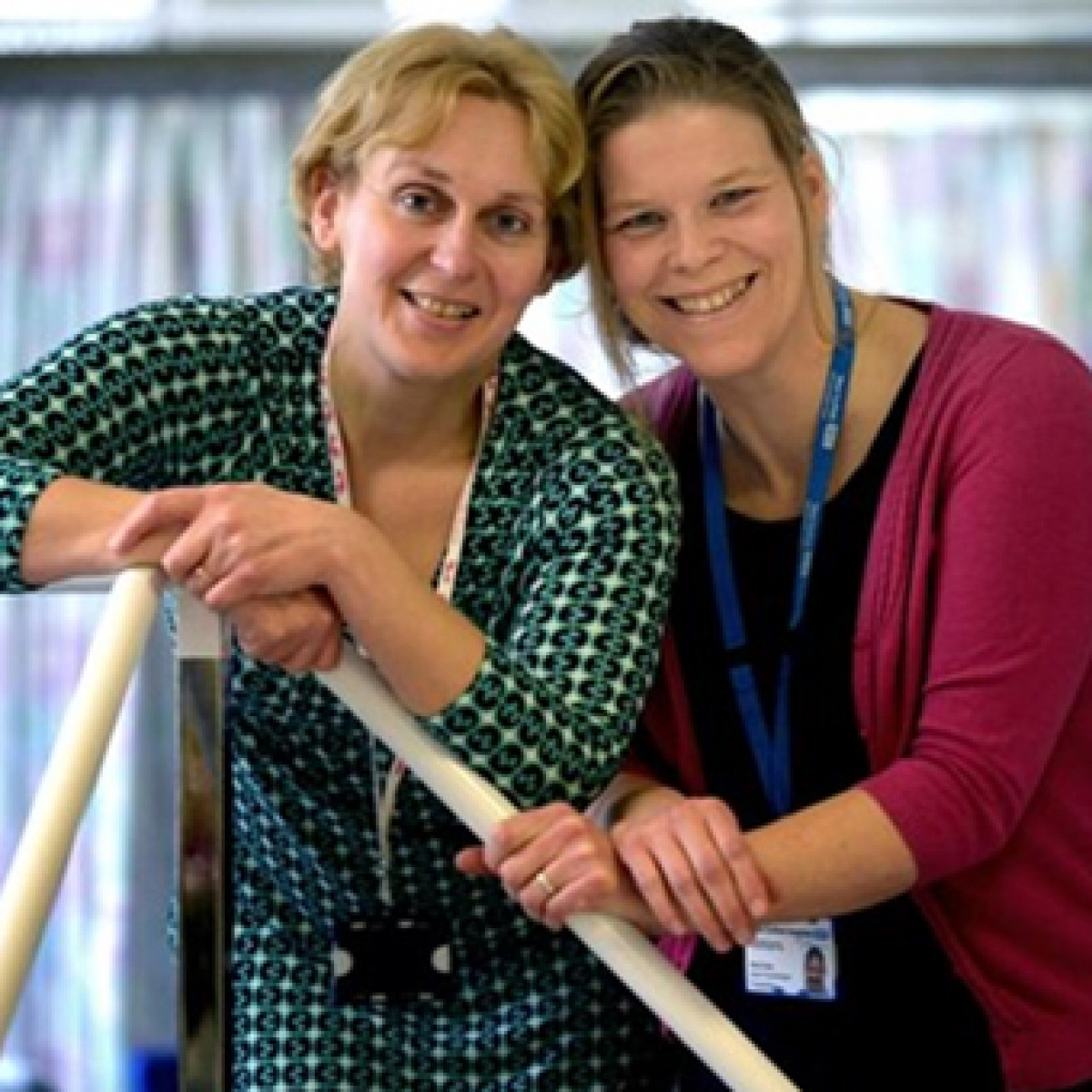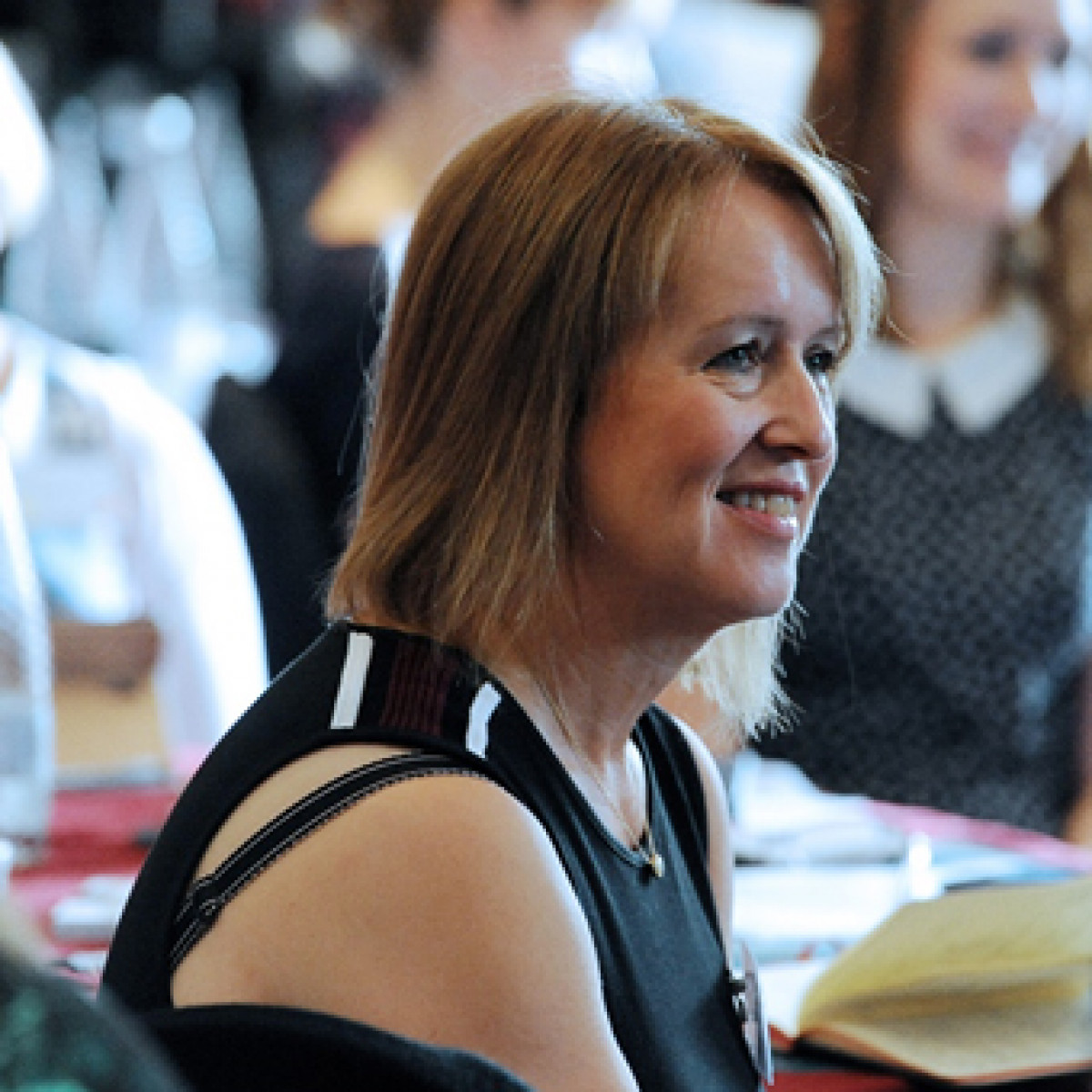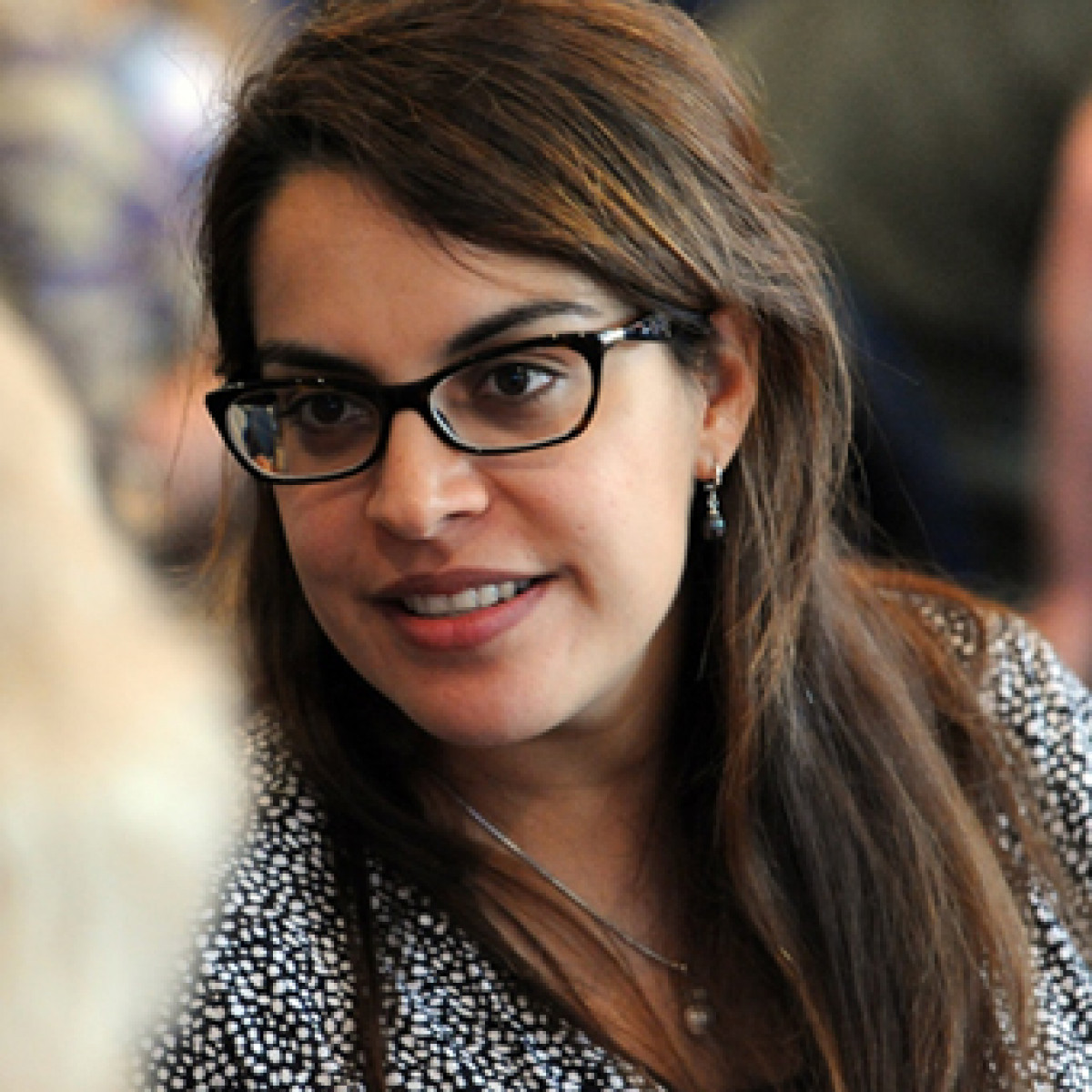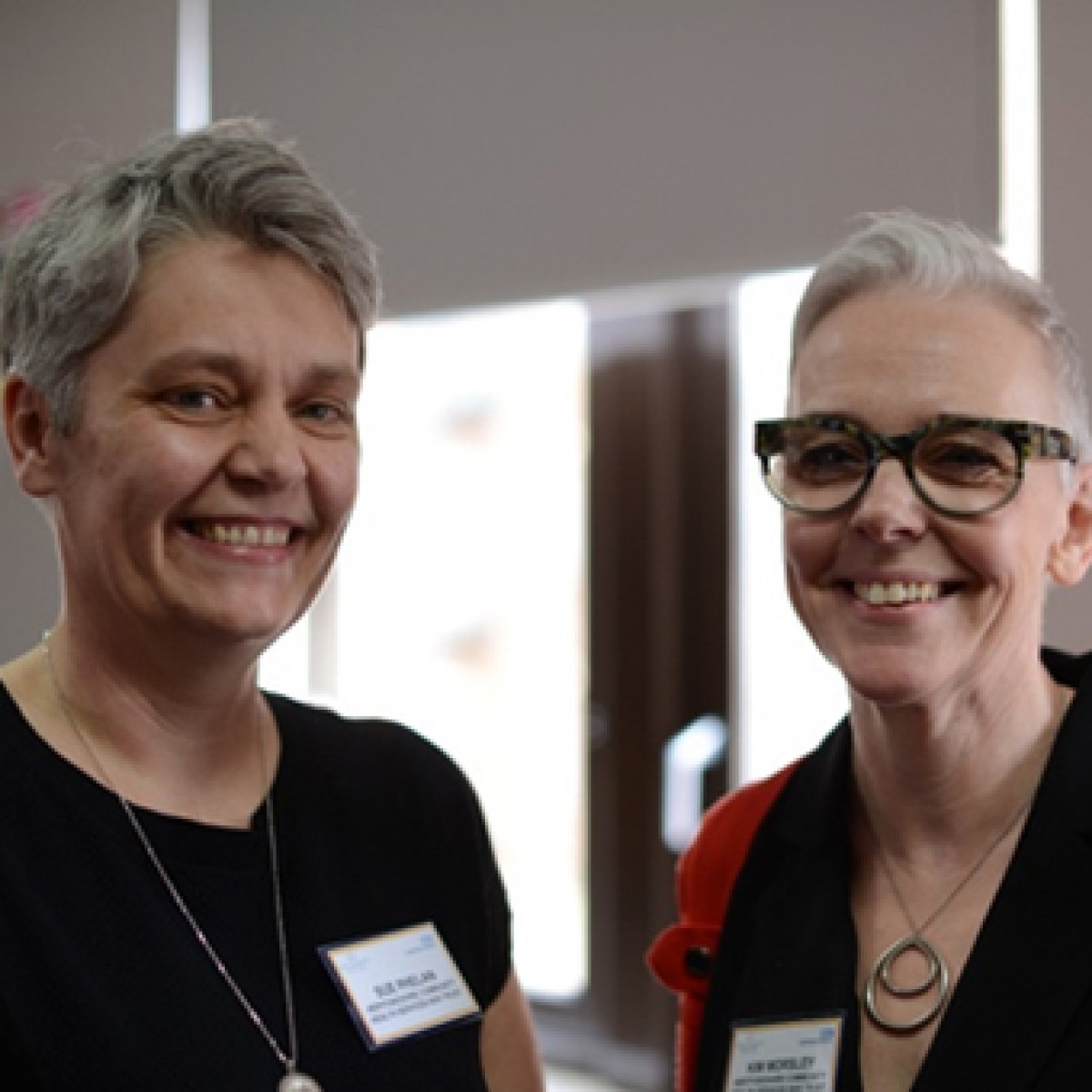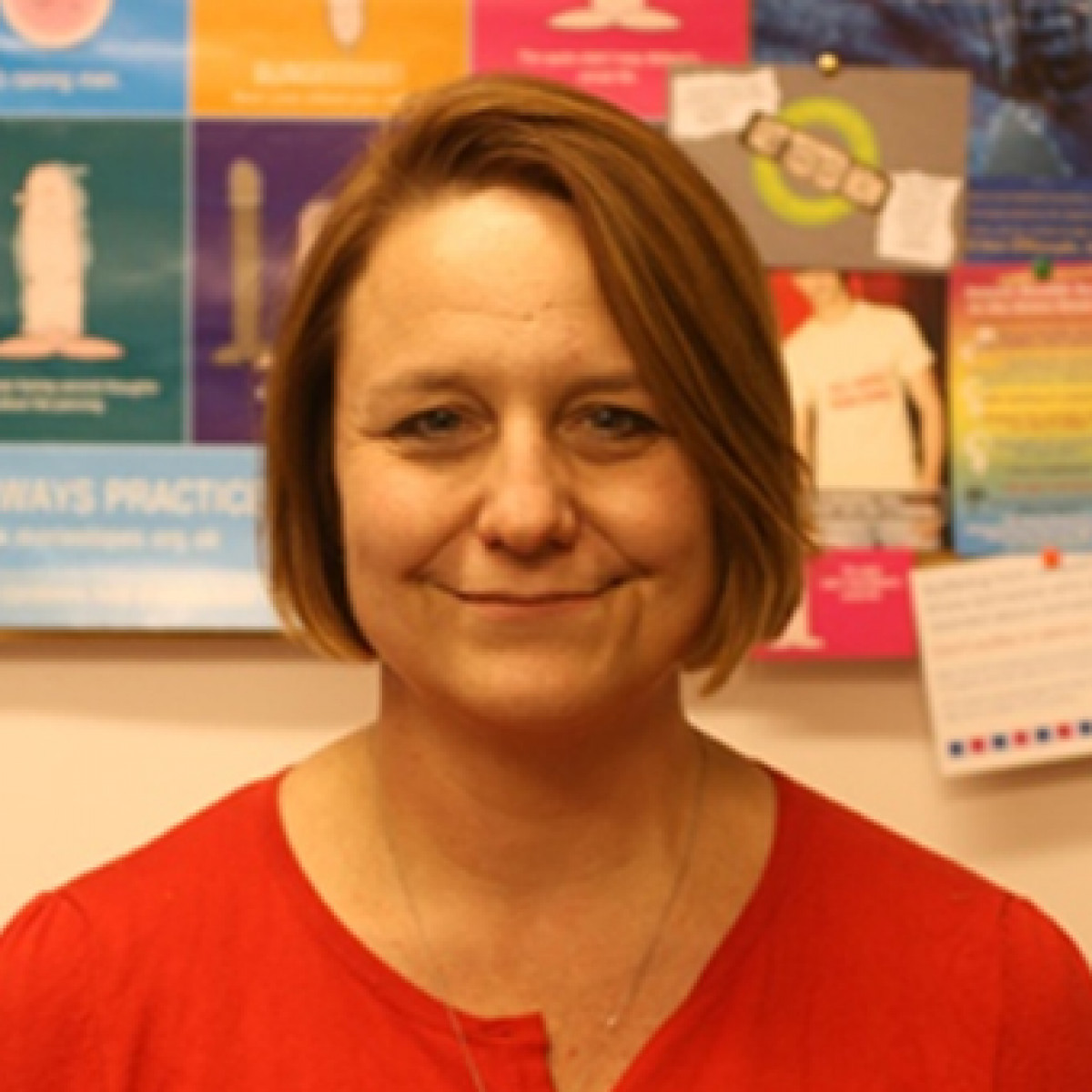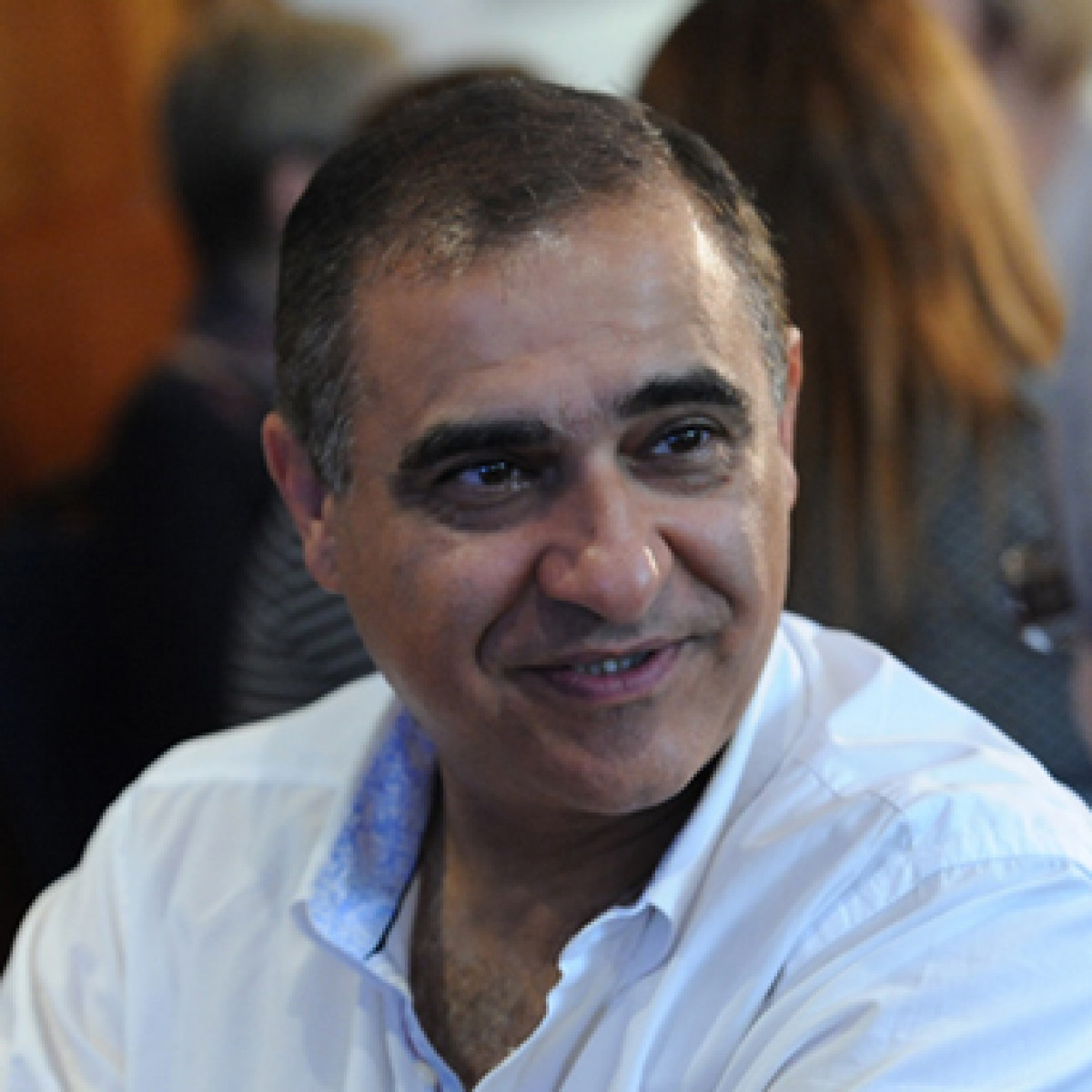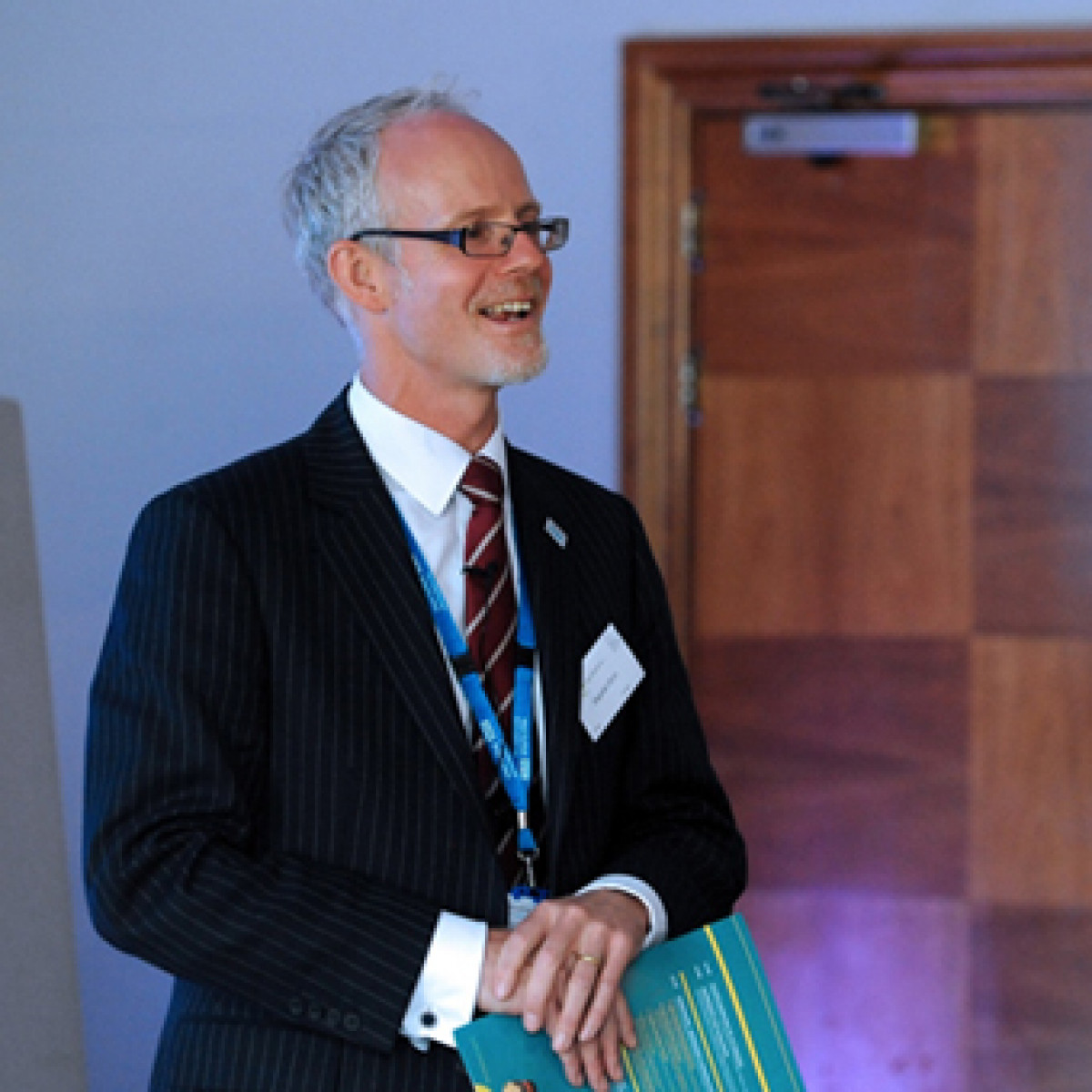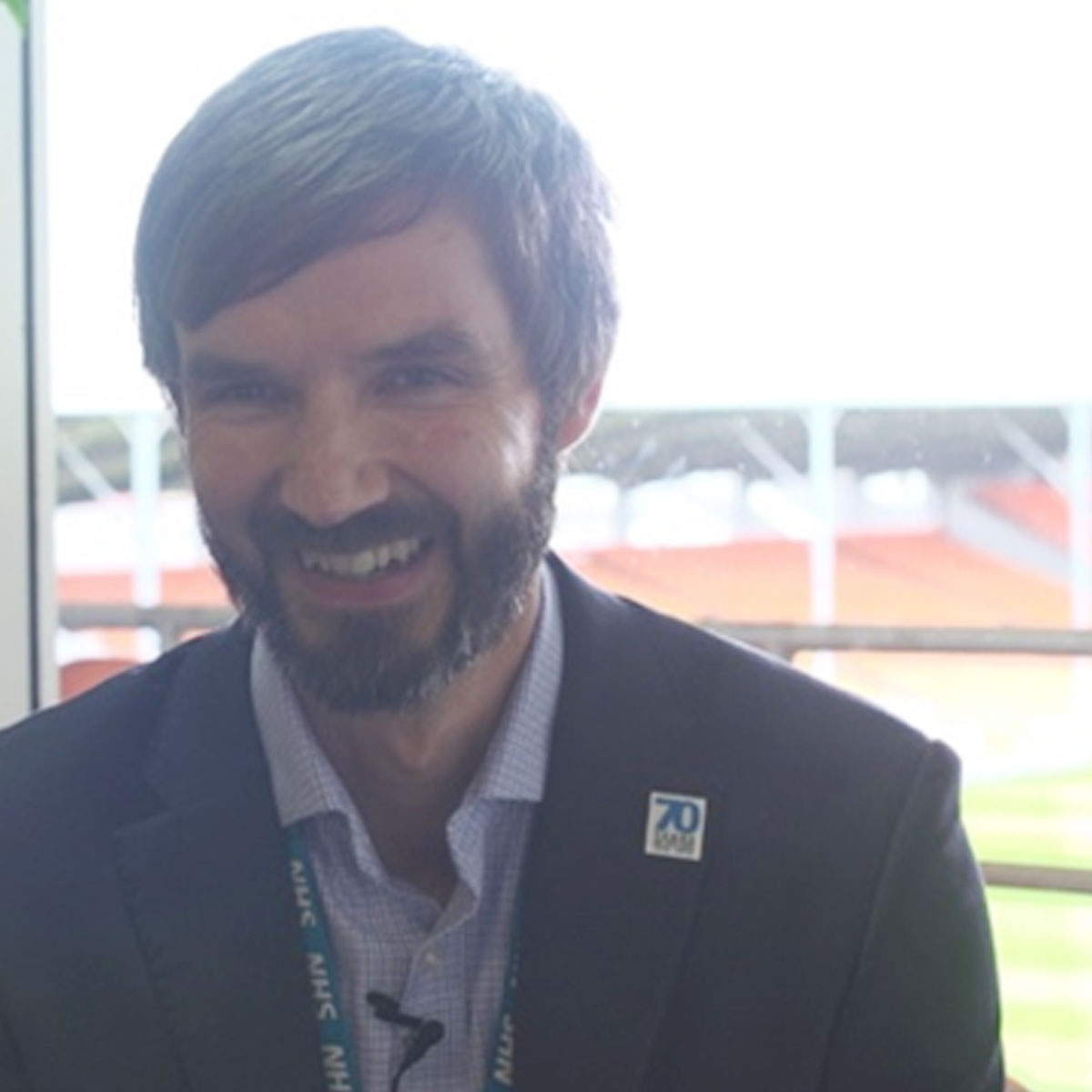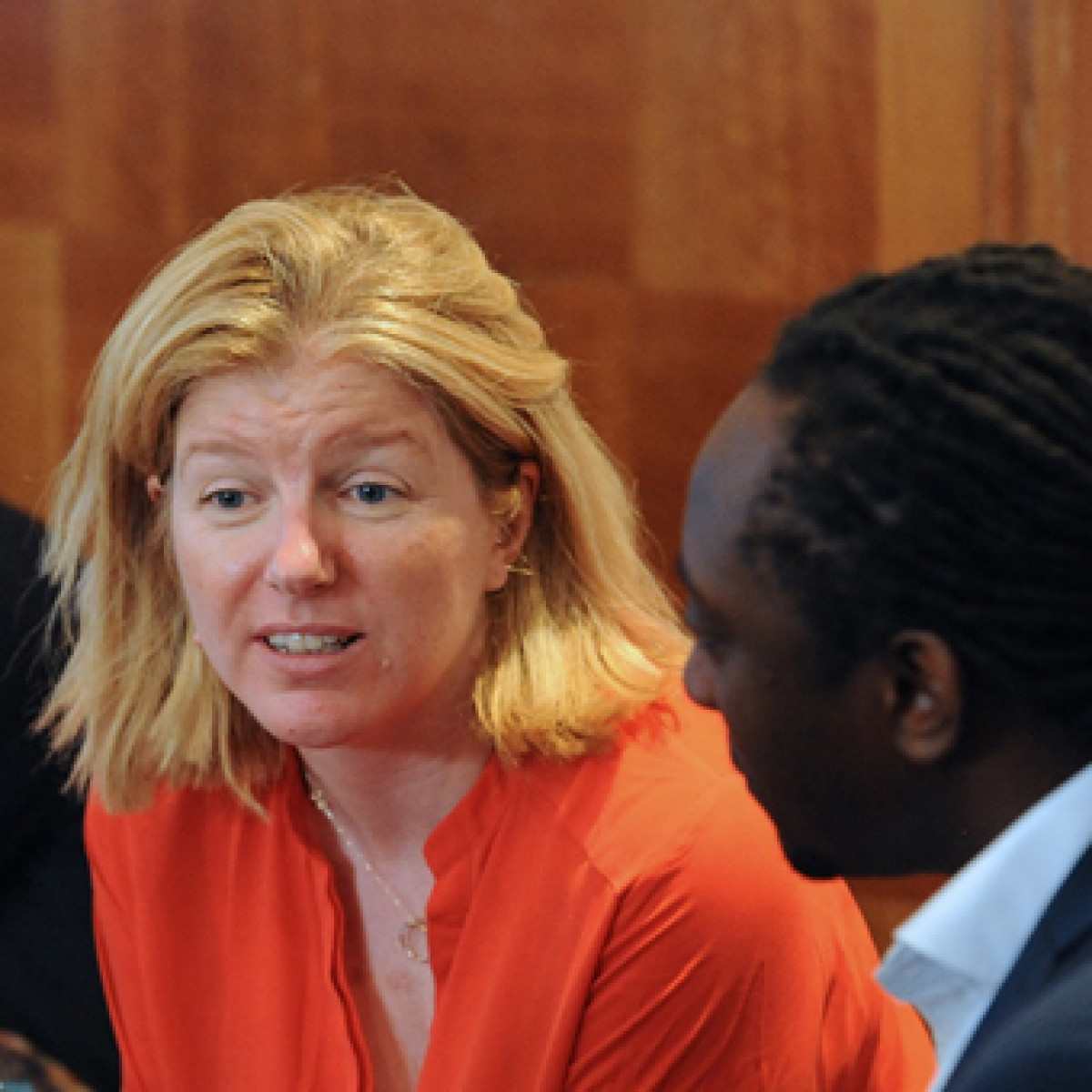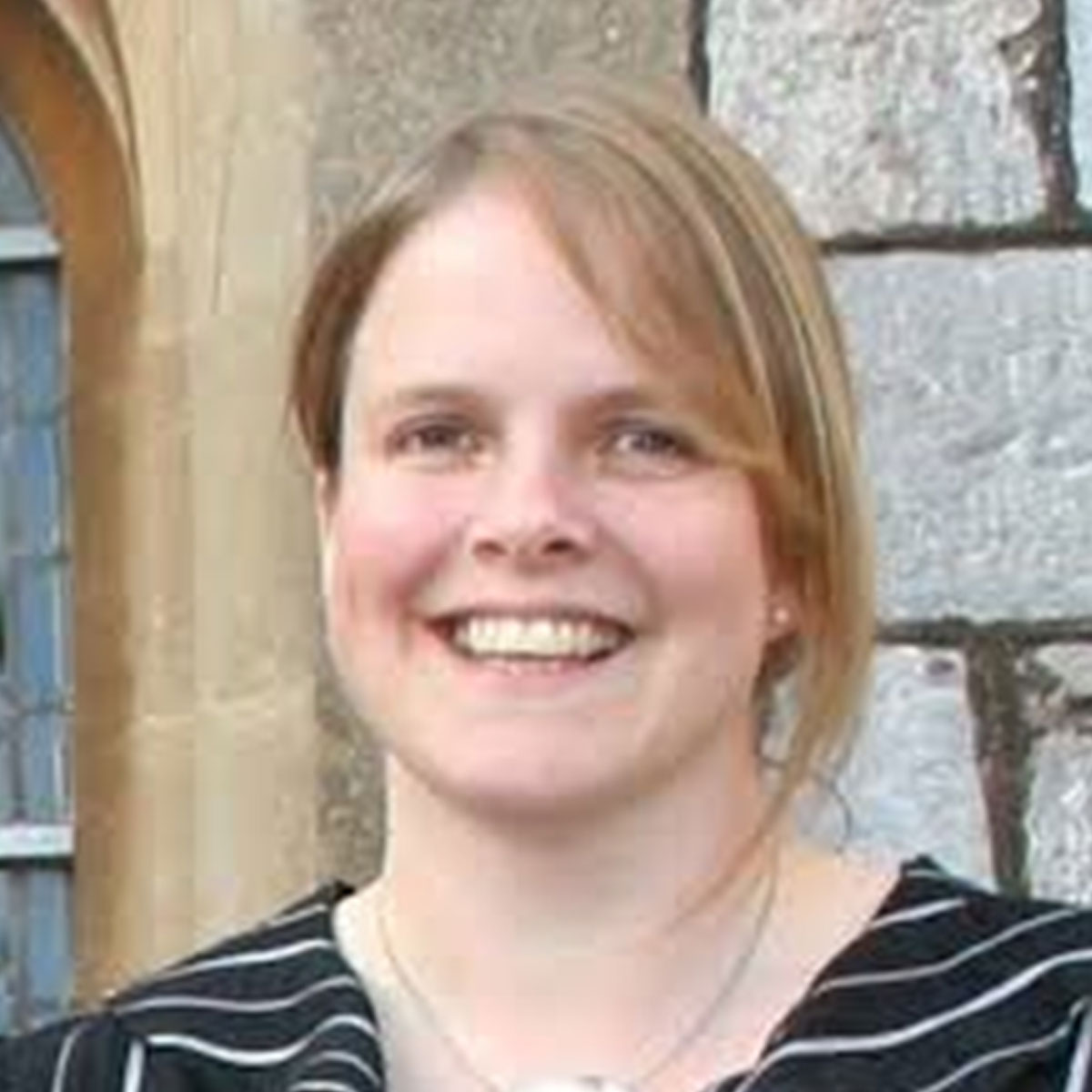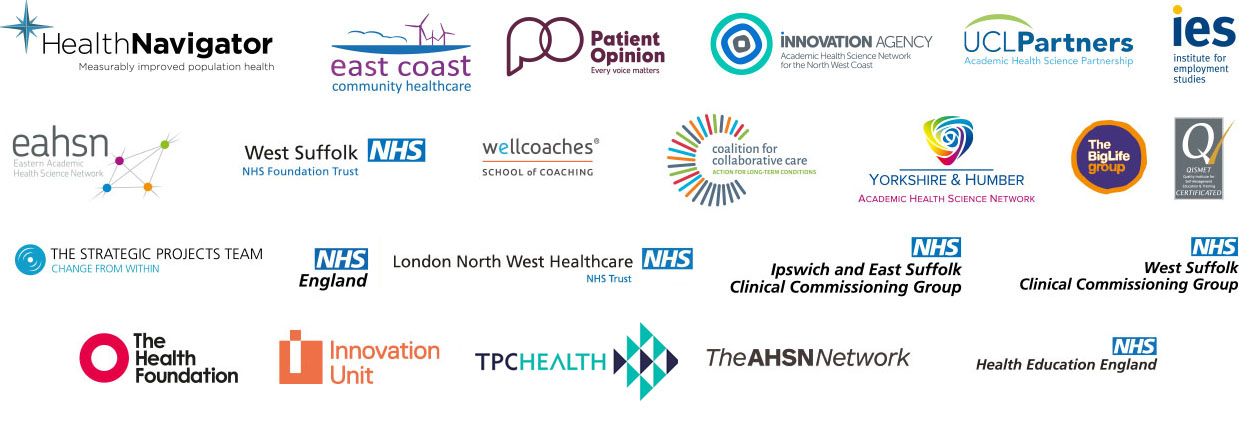"I have thoroughly enjoyed working with my coach and found our time hugely beneficial. Penny is a brilliant coach and it has been an absolute pleasure working with her."
"I found Penny was able to achieve a lot in the short punchy sessions we had. I felt like I owned the actions and results and was energised to follow through. Above all her non-judgmental manner and approach, and the kindness with which she coached, was inspirational to me as someone who works in this area – she really is holistic and has so much to offer to clients."
"The coaching has made such a huge impact, not just professionally but on a personal level too. My coach is extremely intuitive, she gets me, and can read into situations things I wouldn’t even see, and get straight to the point. I instantly felt at ease with Penny, she’s an extraordinary coach who has boosted my confidence in ways that I don’t think she can ever appreciate. I could not recommend her highly enough."
"Penny has a great attitude of being supportive but also being frank and honest. I really valued my coaching experience with Penny especially the space she gave me to develop a different, more constructive understanding and perspective of the environment in which I found myself."
"The sessions were hard work, but they provided me with clarity on my key strengths, gave me direction on what was important to me and focussed my attention on what to work on next. I was also able to explore internal barriers and unhelpful beliefs which may be holding me back and identify unwanted behaviours which could led to burn out if left unchecked.Penny was an excellent coach who not only used coaching techniques to help me secure my goal but also gave me time to focus on my wellbeing and work life balance."
"I have really loved Penny's style of coaching and found it a particularly good fit for me. Penny has been super-creative and used a wide range of prompts to help me think in different ways including drawing, meditation, breathing, talking to bits of myself etc. She generates clear and helpful hypotheses which move my thinking on and refuses to let me stagnate.
"Penny was excellent as a coach. I found Penny was able to achieve a lot through this in the short punchy sessions we had. She demonstrated high levels of empathy, compassion but did not collude. She was also able to challenge me when patterns of thinking or behaviour emerged in a way that was helpful. She was excellent at playing back my words to help me think more deeply.Above all her non-judgmental manner and approach and kindness with which she coached was inspirational to me as someone who works in this area – she really is holistic and has so much to offer to clients."
"Penny helped me to have a more positive focus to everyday problems, have a more helicopter view of my future and realise the impact of my NHS devotion on my personal health. While with other coaches sometimes I was ending the session confused and disoriented, Penny managed somehow to always create a direction. I could say that Penny inspirational and challenging at the same time – but knows when to stop challenging and offer focus."
"The coaching has made such a huge impact, not just professionally but on a personal level too. Penny is extremely intuitive, she gets me, and can read into situations things I wouldn't even see, and get straight to the point. I instantly felt at ease with Penny, she's an extraordinary coach who has boosted my confidence in ways that I don't think she can ever appreciate. I could not recommend her highly enough."
"I have thoroughly enjoyed working with my coach and I have found our time hugely beneficial. She has an exceptional ability to create a safe, non-judgmental and positive environment, which allowed me a deeper level of exploration and growth. She helped me acknowledge and process my emotions in the best interest for my future – for example she challenged my thinking in a way that deepened my thinking and opened my mind to alternative possibilities and realities. Penny is a brilliant coach and it has been an absolute pleasure working with her."

